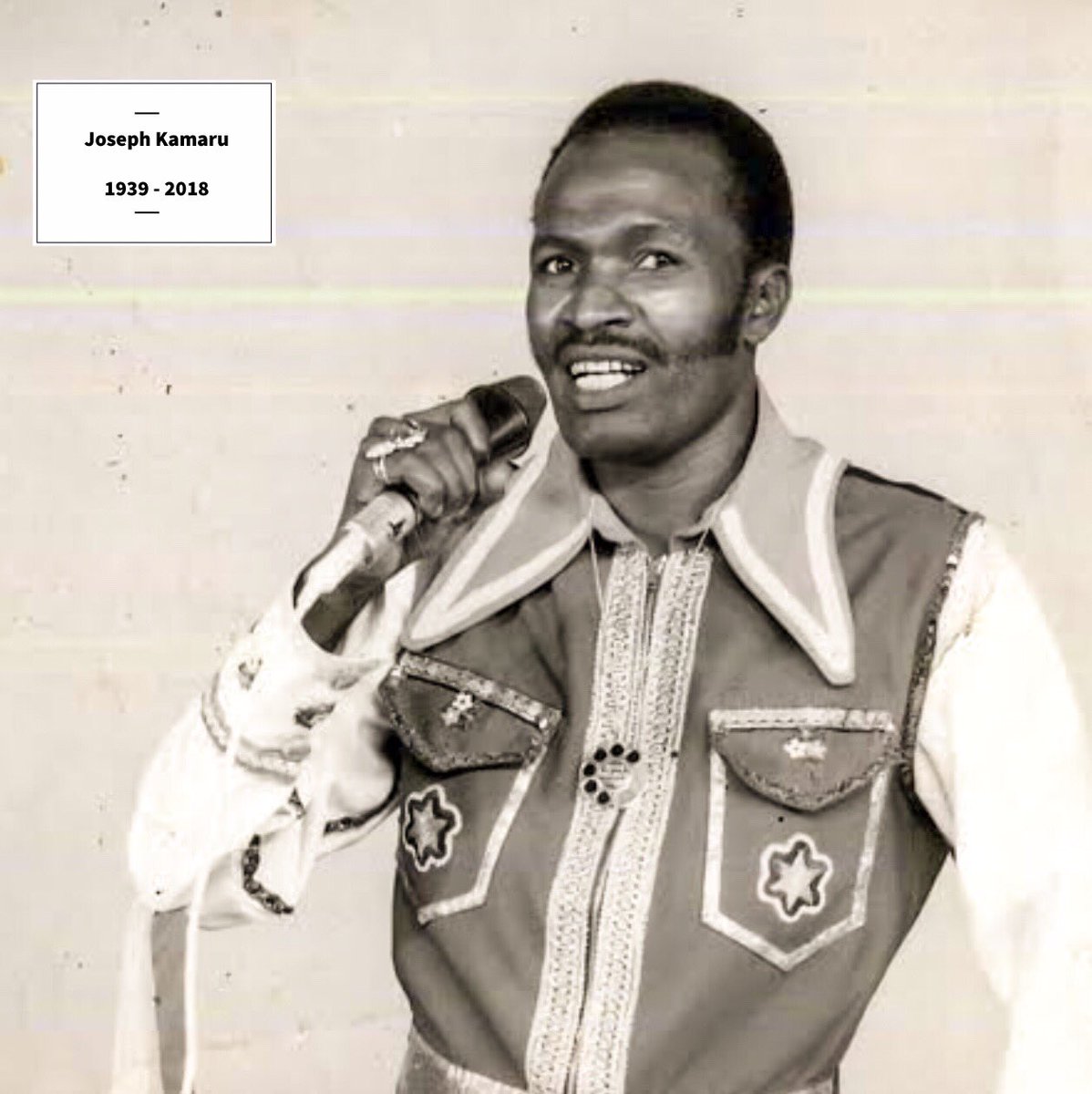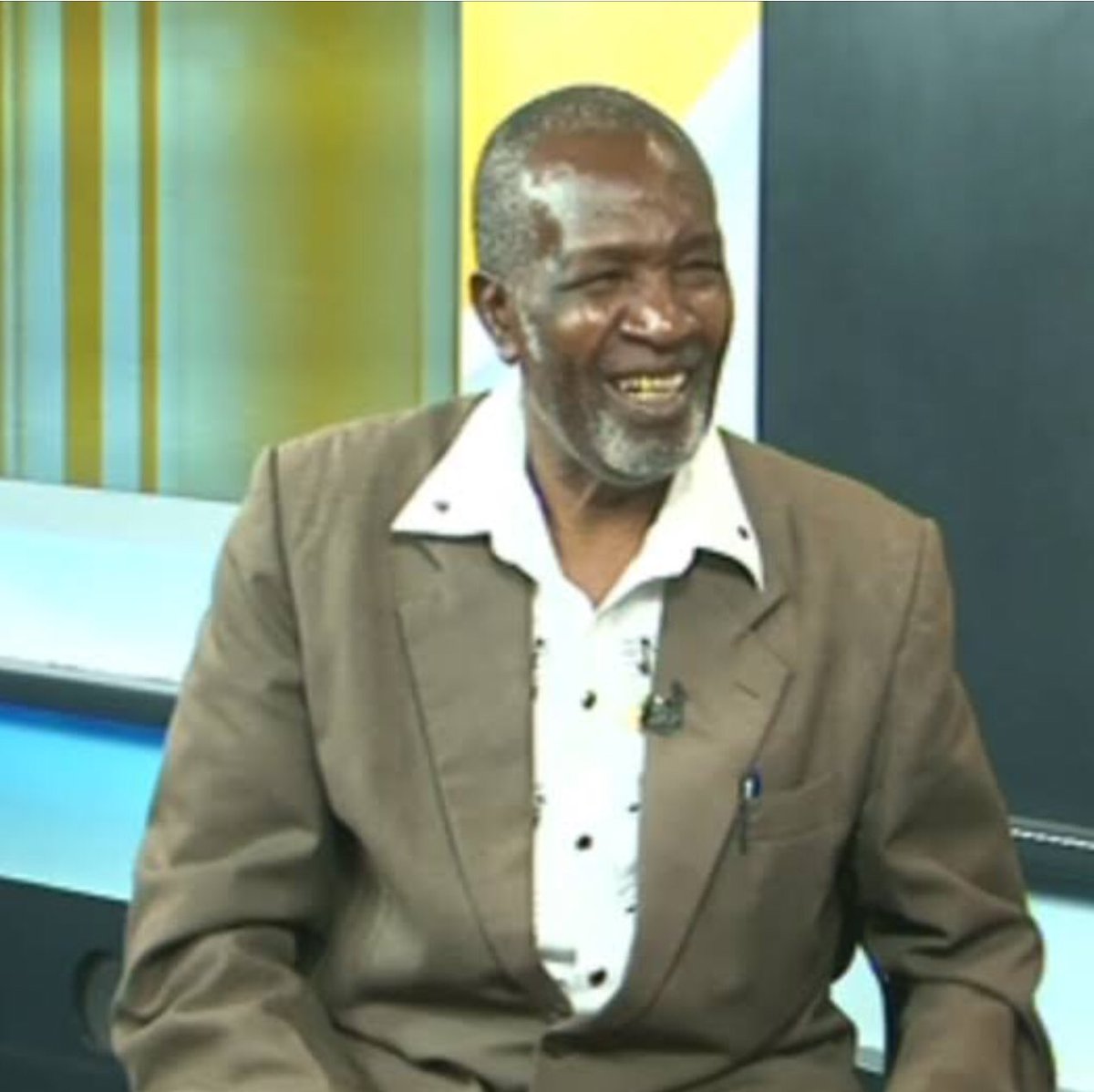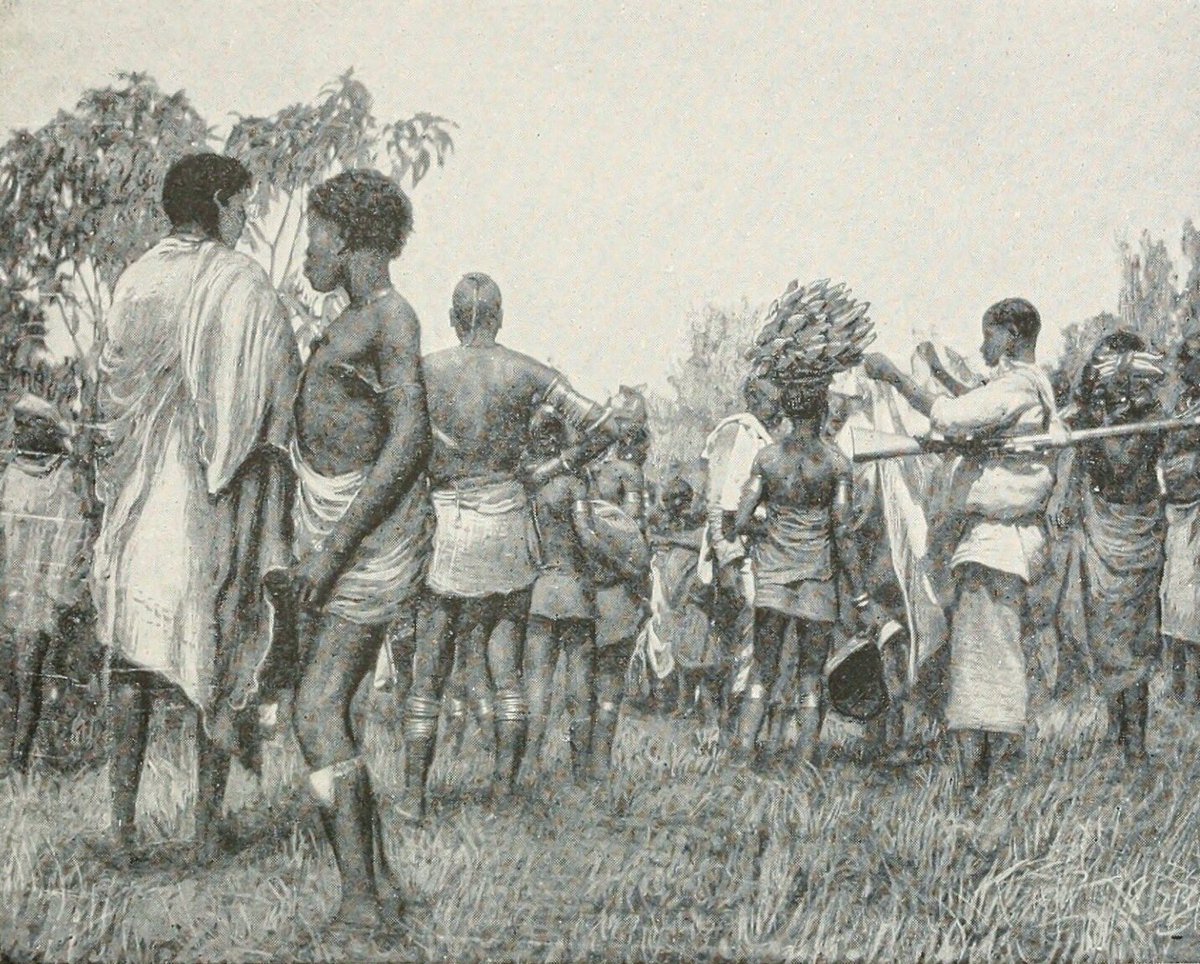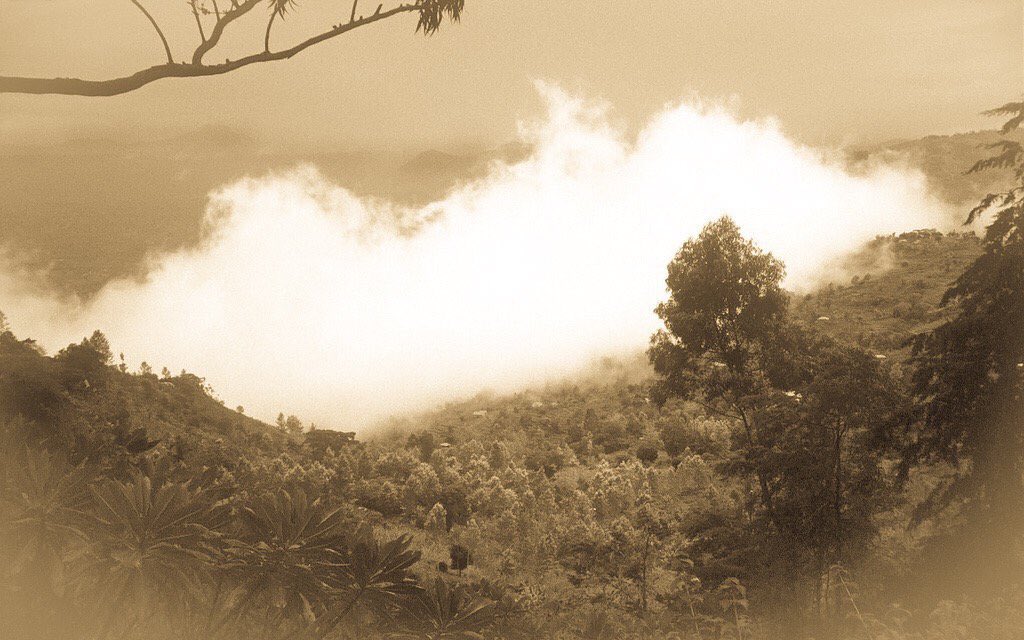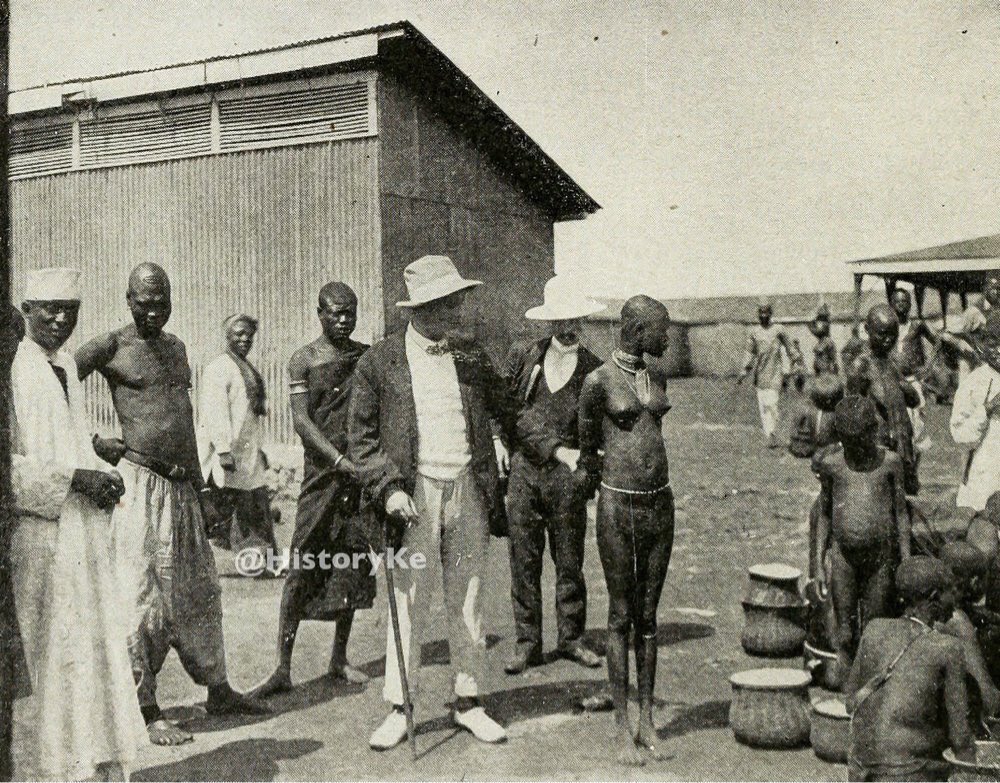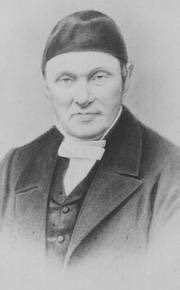1/8 #HistoryKeThread: New Year’s Eve Norfolk Hotel Bombing
2/8 These government officials led by, among others, G.G. Kariuki, who was responsible for security, and investigators including badass sleuth Patrick Shaw, the stocky white man in this photo, had to cut short their new year festivities to be here. 
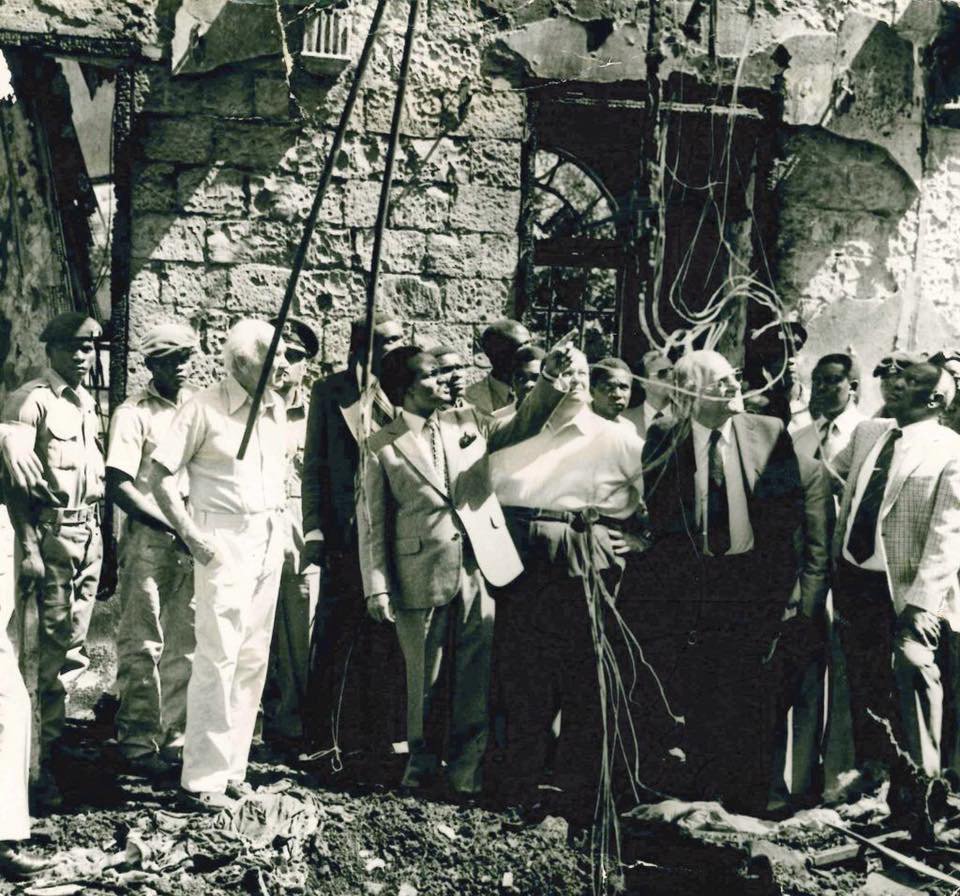
3/8 The photo was taken at Nairobi’s Norfolk Hotel on the early morning of 1st January 1981. The previous night, New Year’s Eve, Palestinian terrorists bombed a section of the hotel premises, killing 20 people and injuring over 80 others. 
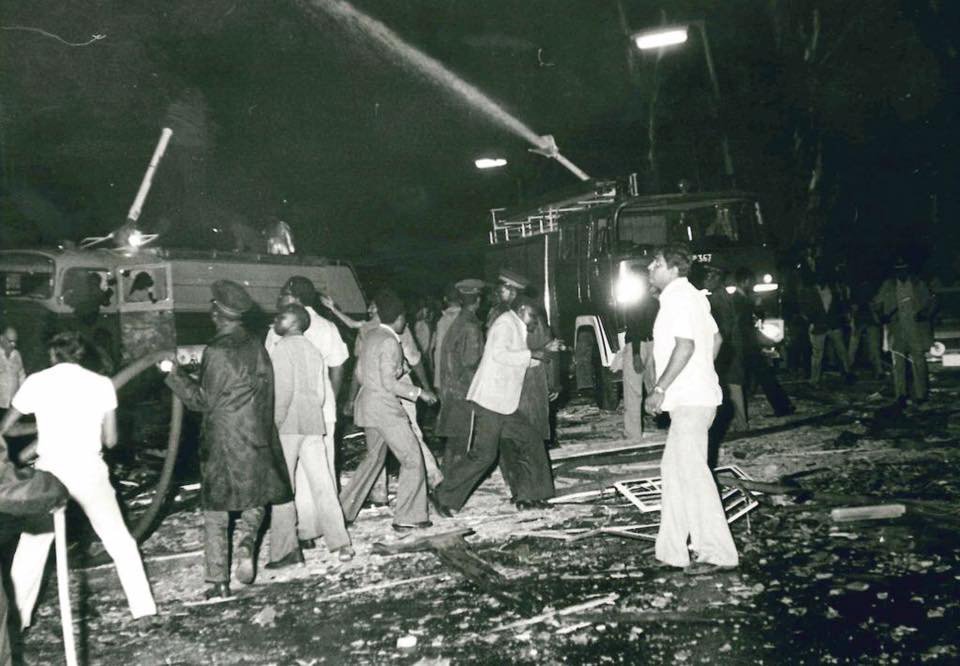
4/8 Then Jewish owned, the hotel was bombed by a suspected Palestinian bearing a Maltese passport, which identified the man as Mohamed Akila. He had stayed at the hotel.
5/8 He checked out of the hotel 8 hours before the blast and later boarded a Kenya Airways flight to Jeddah. Investigations later revealed that even the Maltese passport he used was fake.
6/8 The suspect had reportedly been visited by a European woman who spoke with a German accent.
7/8 Middle East diplomatic sources told UK's Guardian newspaper that West German terrorists had bombed the hotel for the Popular Front For The Liberation of Palestine (PFLP).
8/8 There were reports that the bomb attack was in retaliation for the arrest in 1976 of five PFLP members. The five were accused of plotting to shoot down an Israeli airliner over Kenya. 
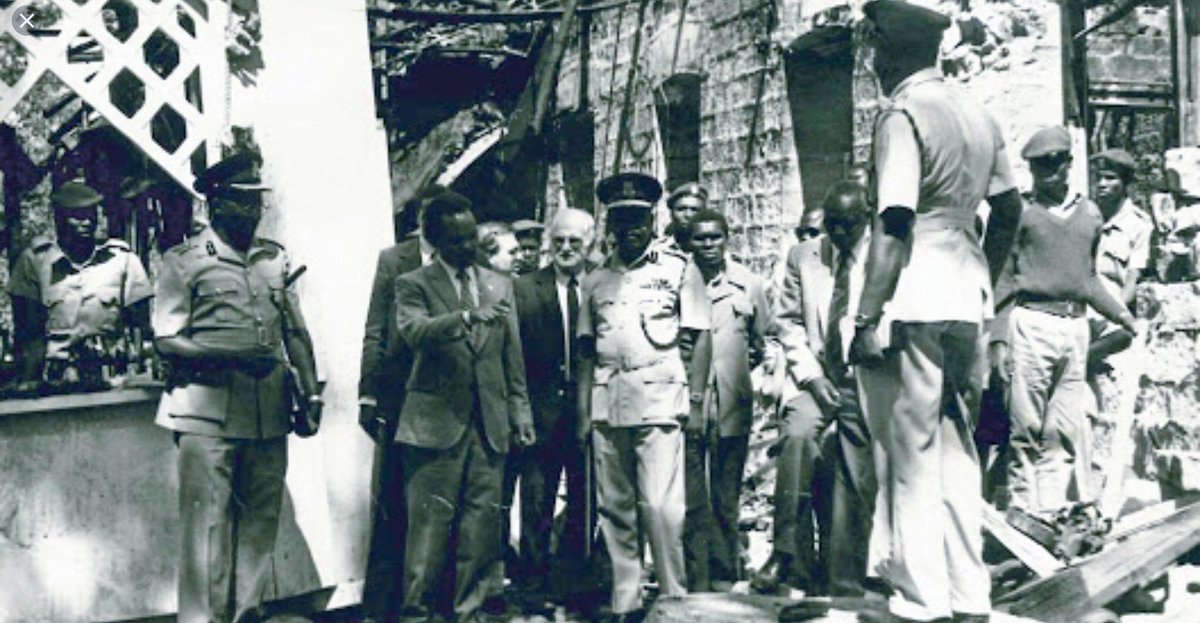
Thanks to @LaylaLestrange for the inspiration behind the thread....
• • •
Missing some Tweet in this thread? You can try to
force a refresh


